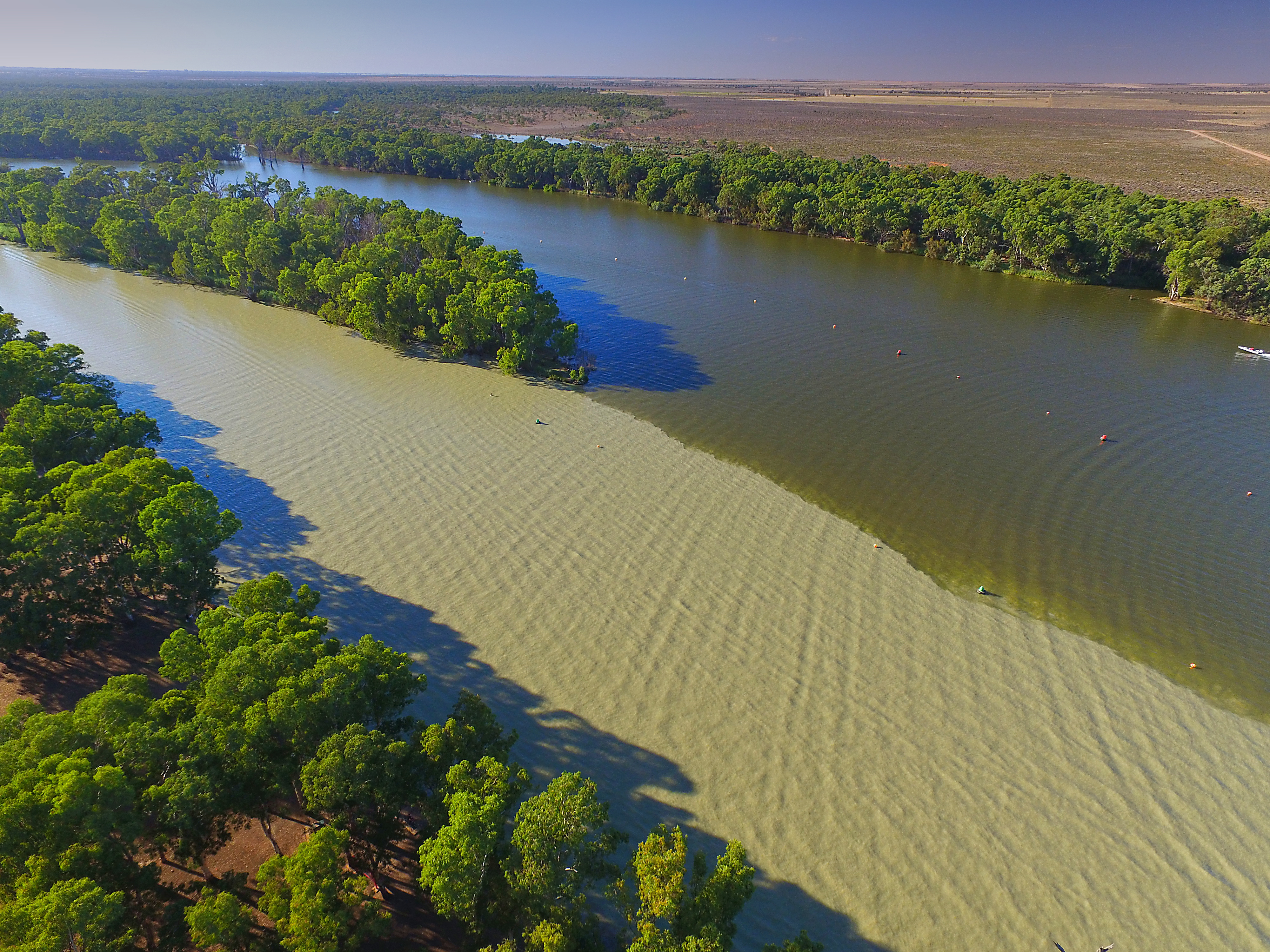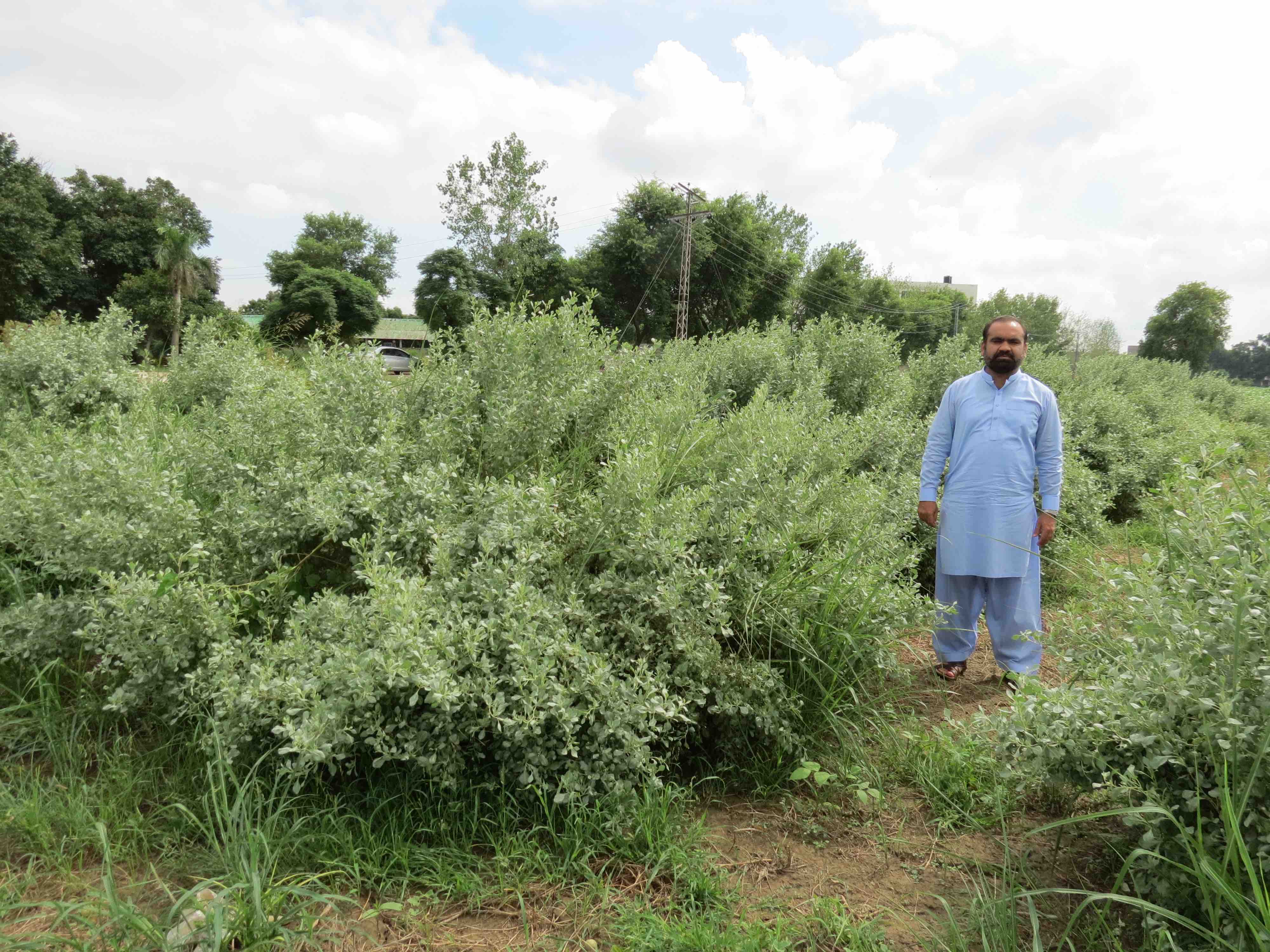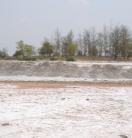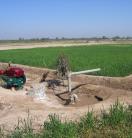Murray-Darling Basin experience to help Pakistan farmers manage salinity

A new ACIAR-supported project aims to help Pakistan tackle salinity in agricultural landscapes holistically by engaging with farmers in a different way, using Australia’s experience as a guide.
Project leader Dr Michael Mitchell from Charles Sturt University said that Pakistan, like Australia, faces the challenges of developing agriculture within water-scarce, salinity-affected landscapes.
With a rapidly rising population, water scarcity is a major threat to Pakistan which is predicted to approach absolute water scarcity—when there is an insufficient supply to meet demand—by 2025.
‘Australia has had a long experience working with the issue of salinity and appreciates that farmers and landholders can themselves take measures to manage salinity,’ Dr Mitchell said.
‘A key clincher for this project’s development was bringing people out from Pakistan to meet some of the longer-living Landcare groups in the Murray-Darling Basin.
‘It blew their minds that you could have a farmer-led organisation taking the lead in how they collaborate with government.’
Professor Bakhshal Lashari, the Pakistan-based National Coordinator for the project, agrees, noting that for Pakistan, ‘there is a huge gap between the work of institutions and communities affected, and we desperately need research into salinity adaptations that is undertaken in collaboration with farming communities affected.’
Salinity affects at least 4.5 million hectares of land across Pakistan, and 54% of the lower part of the Indus Basin.
The current project is designed to be the start of a long-term research program across Pakistan's salinity affected landscapes, bringing in a wider range of partners.
‘We have engaged people in-country who are going to work with salinity-affected communities,’ Dr Mitchell said.
‘For example, we are partnering with the International Union for Conservation of Nature to explore adaptation options involving mangrove rehabilitation.’
‘With them, we will work with Dabla Tappan, a coastal village in the Indus Delta of southern Sindh province, whose livelihoods have been devastated by increased salinity from seawater intrusion exacerbated by reduced Indus River outflows and climate change.’
Other research activities, including a desktop analysis of water and salinity flows through the Indus Basin Irrigation System led by project-partner CSIRO, are progressing well.
ACIAR Research Program Manager for Water Dr Robyn Johnston said that there are benefits for Australia and Pakistan to share knowledge on salinity management.
Pakistan’s National Water Policy states that dealing with salinity needs a new approach that tackles the problem in a holistic manner on a basin-wide level. ‘This is exactly the experience that Australian researchers can bring,’ she said.
‘A crucial aspect of this project is building on our previous work in Pakistan to help government and extension agencies understand the importance of working with farmers.
‘The Australian model for doing this has been particularly effective.’
The project is working with “bright spots”, which are communities where ACIAR partner organisations in Pakistan have well-established connections and where the community is taking the lead with actions on the ground.





